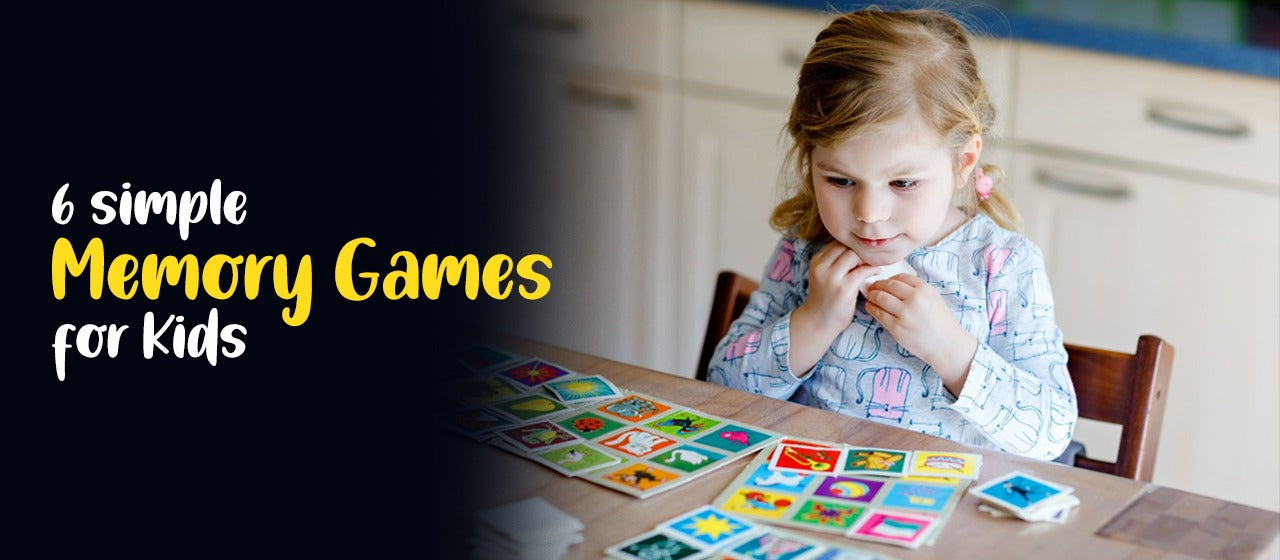In today's fast-paced, technology-driven world, prioritizing our children's brain health is more important than ever. With the constant distractions of screens and the pressure of academic performance, it can be challenging for parents to ensure their children's minds stay sharp. Fortunately, many engaging and fun activities can contribute to cognitive development. This article will explore six tips to keep kids healthy mind, focusing on activities like book reading and non-tech gaming like Sudoku, puzzles, and Super Cubes.
Reading: A Gateway to Imagination
While puzzles and games are great for cognitive development, reading remains one of the most powerful tools for nurturing a child's mind. Reading is a gateway to imagination, allowing children to explore new worlds, concepts, and ideas. It enhances vocabulary, comprehension, and critical thinking while broadening their horizons. Encourage your children to read various books, including fiction, non-fiction, and age-appropriate classics.
Reading at bedtime can be a calming routine that promotes relaxation and helps kids sleep better. Reading also fosters empathy as children can connect with characters and their experiences, making them more understanding and compassionate. Consider setting up a small home library or taking regular trips to the local library to make reading even more engaging. Discuss the books your child is reading and ask open-ended questions to promote critical thinking and encourage them to share their thoughts and insights.
Physical Activity: A Healthy Mind and Body
Physical health and cognitive development are closely intertwined. Regular exercise not only benefits a child's physical well-being but also profoundly impacts brain health. Physical activity increases blood flow to the brain, enhancing concentration and memory. It also helps release neurotransmitters like endorphins, which reduce stress and improve mood. Engage your children in various physical outdoor sports activities, from playing sports to hiking, biking, or walking. Combine physical activities with cognitive challenges to create a holistic approach to a healthy mind. For instance, take a nature hike and encourage your child to identify different plants and animals or engage in an 'I Spy' game to enhance observation skills. Additionally, you can try incorporating 7 simple memory games for kids to improve their cognitive abilities and memory retention
Mindful Technology Use
In today's digital age, technology is integral to children's lives. While it offers numerous educational and entertainment benefits, promoting mindful technology use is essential. Excessive screen time, especially passive activities like endless scrolling or binge-watching can negatively affect cognitive development. Set boundaries on screen time and encourage a balanced approach. Choose educational apps and games that promote learning, problem-solving, and creativity.
Many apps and platforms offer brain-training games specifically designed for children to enhance memory, attention, and problem-solving skills. Moreover, consider co-viewing or co-playing with your child to discuss what they are experiencing and learning through technology. This promotes healthy technology use and allows you to guide and support their digital experiences.
Sudoku: The Mind-Bending Puzzle Game
Sudoku is a popular logic-based puzzle game that has gained recognition for its ability to stimulate and challenge the healthy mind. While it may seem like a solitary activity, it can also be a fantastic way to engage your children in healthy competition.

Sudoku puzzles require children to use critical thinking and problem-solving skills, making it an ideal choice for brain development. Sudoku puzzles consist of a 9x9 grid divided into nine 3x3 subgrids, and the objective is to fill in each row, column, and subgrid with numbers from 1 to 9. The catch is that each number can only appear once in each row, column, and subgrid, making it a formidable test of logic and deduction.
Encouraging your child to solve smart Sudoku puzzles regularly can help improve their concentration, logical reasoning, and numerical skills. You can start with easier puzzles and gradually move on to more challenging ones as your child's skills develop. Consider working on puzzles together as a family, turning it into a bonding activity fostering intellectual growth.



